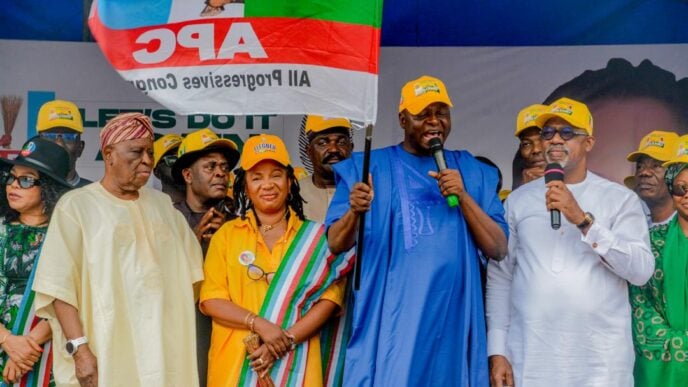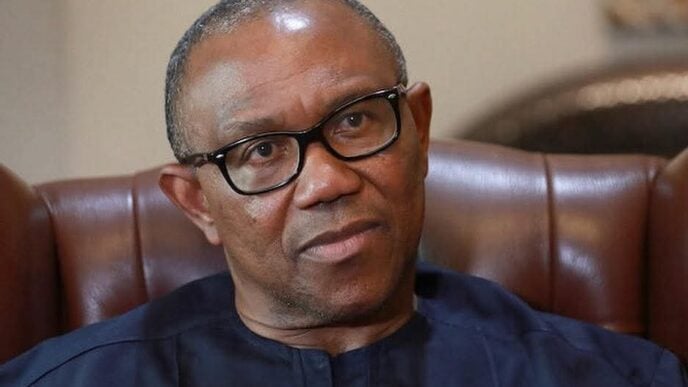The Federal Inland Revenue Service (FIRS) says more than 4,000 large taxpayers in Nigeria are yet to complete the onboarding process on the new electronic invoicing (e-invoicing) platform.
Mohammed Bawa, the project manager for the FIRS e-invoicing implementation, spoke on Thursday at the post-go-live e-invoice workshop for stakeholders.
The tax agency had announced the launch of the e-invoicing system on August 10.
The initiative is expected to improve tax compliance and modernise revenue collection in Nigeria.
Advertisement
Bawa told journalists that the launch began with large taxpayers and only 1,000 of them have completed onboarding since the August deadline.
The project manager said the agency decided to extend the compliance deadline to November 1 to allow more time for onboarding and to provide guidance to companies on the integration process.
“Between the 1st of August to date, we have over 1,000 large taxpayers that have onboarded and commenced their integration, and we still have over 4,000 to do the onboarding,” Bawa said.
Advertisement
“So, FIRS felt it necessary to give an extension, an opportunity to those who have not been onboarded to be onboarded on the system.”
The FIRS official said the e-invoicing system is designed to promote transparency and improve Nigeria’s low tax-to-gross domestic product (GDP) ratio by capturing more economic activities, curbing under-declaration, and reducing tax evasion.
The innovation, Bawa said, will also help to formalise the informal sector, ensuring that more businesses are brought into the tax net.
“Formalisation will also help the businesses to grow, because these businesses cannot remain informal forever. Once they formalise, we’ll have more taxpayers in the tax net,” he said.
Advertisement
“If they remain within the informal sector, they will forever escape the tax net, and then the large taxpayers will continue to bear the burden of tax, because the majority of people doing business are outside the tax net.”
’16 SERVICE PROVIDERS CERTIFIED’
Also speaking, Emmanuel Eze, director of change management at the FIRS, said the 1,000 large taxpayers that have successfully onboarded represent only 20 percent of the target group.
He said the agency has certified 16 service providers to act as both system integrators and access point providers (APPs) in the ecosystem, noting that the first live invoice transmissions were from pioneering organisations such as MTN Nigeria, Huawei Nigeria, and IHS Nigeria.
Advertisement
Eze, represented by Tayo Koleosho, chief of staff to the FIRS executive chairman, said the extension to November 1 should not be seen as an opportunity to delay but as a chance for stakeholders to complete integration, test transmissions, and ensure system readiness ahead of enforcement.
‘NEW E-INVOICING PLATFORM WILL ENABLE FIRS TO TRACK ALL BUSINESS TRANSACTIONS’
Advertisement
On his part, Mike Adoga, the acting director of the FIRS tax automation department, described the platform as an ecosystem involving taxpayers, system integrators, and access point providers.
According to Adoga, system integrators make taxpayers’ accounting and enterprise resource planning (ERP) systems compatible with the e-invoicing platform, while APPs handle secure transmission of invoices and ensure they are validated by the FIRS.
Advertisement
“What that translates into is that for every transaction that passes through that system, FIRS is aware of that transaction,” he said.
“So, we have an idea of what your tax liability is going to look like when it comes to your filing period.”
Advertisement
The acting director said the rollout is starting with large taxpayers — those with annual turnover of N5 billion and above — because their accounting systems are easier to integrate.
He added that plans to onboard small and medium enterprises (SMEs) and lower-turnover businesses will follow later.










